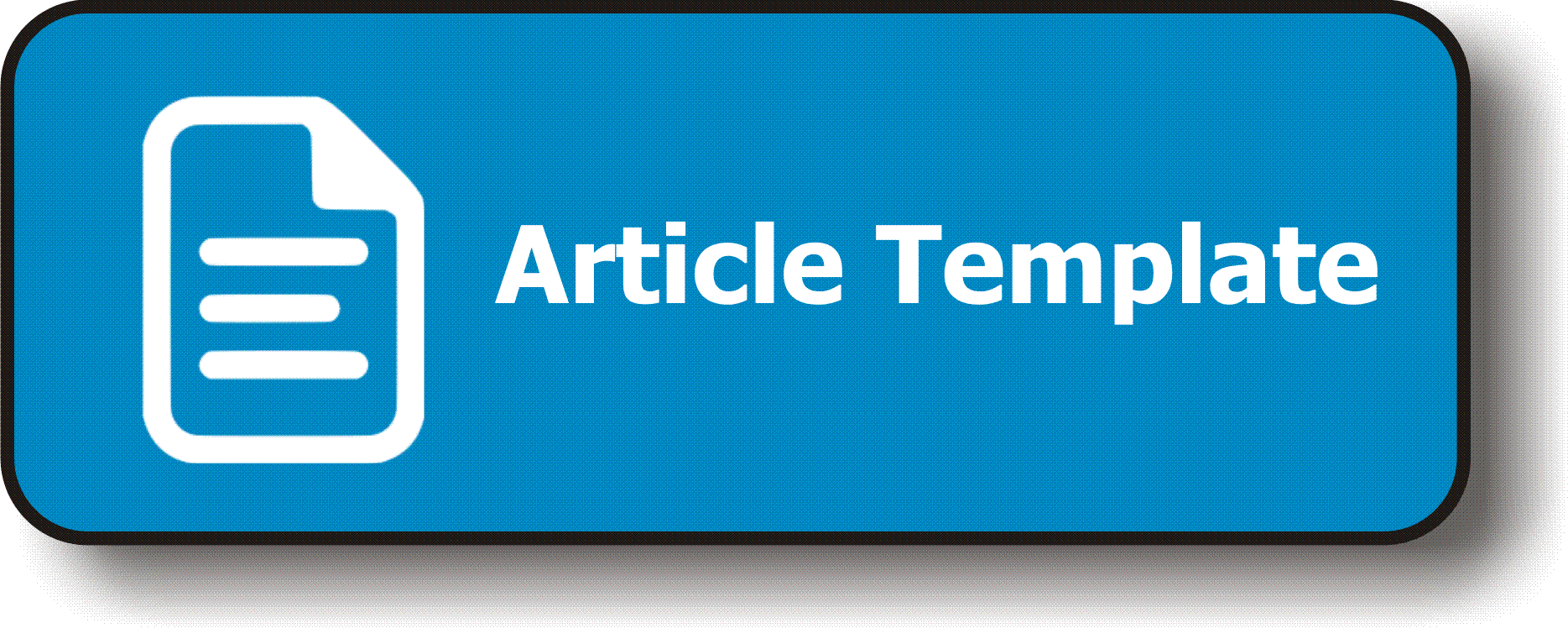Information Literacy of First-Year Undergraduates Across Disciplines - Engineering, Architecture, and Information Technology
Abstract
Keywords
Full Text:
PDFReferences
American Library Association (ALA). (1989). Presidential Committee on Information Literacy. Final Report. American Library Association. http://www.ala.org/acrl/publications/whitepapers/presidential.
Bandura, A. (1977). Self-efficacy: toward a unifying theory of behavior change. Psychological Review, 84(2), 191-215.
Catts, R. (2005). Information Skills Survey - Technical Manual First Edition. Council of Australian University Librarians, Canberra, Australia.
Catts, R., & Lau, J. (2008). Towards Information Literacy Indicators. UNESCO
Clark, C., & Catts, R. (2007). Information Skills Survey: Its Application to a Medical Course. Evidence-Based Library and Information Practice, 2(3), 3-26.
de Arenas, J. L., Rodrĺguez, J. V., Gómez, J. A. & Arenas, M. (2004). Information literacy: Implications for Mexican and Spanish university students. Library Review, 53(9), 451-460.
Ellis, J. & Salisbury, F. (2004) Information literacy milestones: Building upon the prior knowledge of first-year students. Australian Library Journal, 53(4), 383–396.
Gabridge, T., Gaskell, M., & Stout, A. (2008). Information seeking through students’ eyes: The MIT photo diary study. College & Research Libraries, 69(6), 510–522.
Gustavson, A., & Nall, H. C. (2011). Freshman overconfidence and library research skills: A troubling relationship? College & Undergraduate Libraries, 18(4), 291.
Latham, D. & Gross, M. (2013). Instructional preferences of first-year college students with below- proficient information literacy skills: A focus group study. College & Research Libraries, 74(5), 430-449.
Lwehabura, M. J. F. (2016). An assessment of information literacy skills among first-year postgraduate students at Sokoine University of Agriculture Tanzania. Journal of Librarianship and Information Science, 50(4), 427-434.
Michalak, R., Rysavy, M.D.T., & Wessel, A. (2017). Students' perceptions of their information literacy skills: the confidence gap between male and female international graduate students. The Journal of Academic Librarianship, 43(2), 100-104.
Petermanec, Z., & Šebjan, U. (2017). Petermanec, Z., & Šebjan, U. (2017). Evaluation components of information literacy in undergraduate students in Slovenia: An experimental study. Library & Information Science Research, 39(1), 69–75.
Pinto, M., & Sales, D. (2007). A research case study for user-centred information literacy instruction: Information behaviour of translation trainees. Journal of Information Science, 33(5), 531–550.
Price, R., Becker, K., Clark, L. & Collins, S. (2011). Embedding information literacy in a first-year business undergraduate course. Studies in Higher Education, 36(6), 705-718.
Rowlands, I. (2008) Information Behaviour of the Researcher of the Future: A Ciber Briefing Paper. University College London.
Seamans, N. S. (2002). Student perceptions of information literacy: Insights for librarians. Reference Services Review, 30(2), 112-123.
Society of College, National and University Libraries (SCONUL). (2004). Learning Outcomes and Information Literacy. SCONUL.
Yager, Z., Salisbury, F. & Kirkman, L. (2013). Assessment of information literacy skills among first year students. The International Journal of the First Year in Higher Education, 4(1), 59-71.
DOI: https://doi.org/10.17509/edulib.v12i2.45953
DOI (PDF): https://doi.org/10.17509/edulib.v12i2.45953.g22782
Refbacks
- There are currently no refbacks.
Copyright (c) 2022 Edulib

This work is licensed under a Creative Commons Attribution-NonCommercial-ShareAlike 4.0 International License.

This work is licensed under a Creative Commons Attribution-ShareAlike 4.0 International License.





